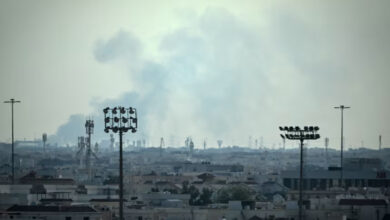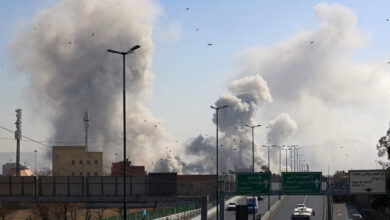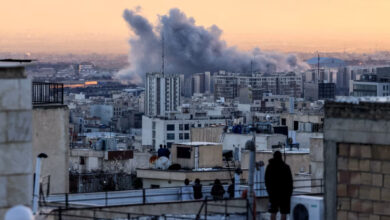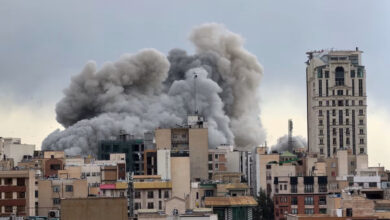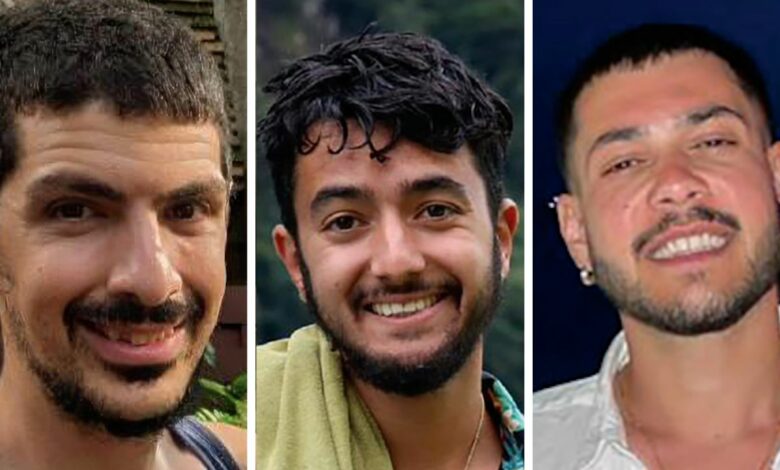
Israel’s Prime Minister Benjamin Netanyahu on Monday said he was still “committed” to an Israeli ceasefire and hostage release proposal backed by the United States as he faced blowback from families of Israeli hostages for appearing to walk back his support of the proposal the day before.
The proposal, outlined by US President Joe Biden last month, sets out conditions intended to lead to the eventual release of all remaining hostages, in return for a permanent ceasefire and withdrawal of Israeli forces from Gaza.
But on Sunday, Netanyahu told Israel’s Channel 14 he was ready to make “a partial deal” with Hamas to return only some hostages from Gaza, in comments that were at odds with the proposal, which was approved by his own war cabinet.
He added that Israel will continue fighting in the enclave after the ceasefire. “It doesn’t mean that the war is going to end, but the war in its current stage is going to end in Rafah. This is true. We will continue mowing the grass later,” Netanyahu told the right-wing broadcaster in what was his first one-to-one interview with local Israeli media since October 7.
His apparent dismissal of the ceasefire and hostage release proposal faced an angry backlash from Israeli politicians and a group representing Israel’s hostages and their families, which has become a potent political force in the country.
The Hostage and Missing Families Forum called Netanyahu’s comments to Channel 14 “an unprecedented national failure and a failure to meet the goals of the war.”
Opposition figure Gadi Eisenkot – who resigned from Israel’s war cabinet a week before Netanyahu disbanded it – also slammed Netanyahu, saying “there are soldiers who are fighting now because they have war goals to return the hostages.”
On Monday, US State Department spokesperson Matthew Miller said the US opposes continued military operations in Gaza. “That’s just a recipe for continued conflict, continued instability and continued insecurity for Israel,” he told a press briefing.
The Hostage and Missing Families Forum later released a video showing the kidnapping of three Israelis by Hamas on October 7. The video shows Hersh Goldberg-Polin, Or Levy and Eliya Cohen in the back of a pickup truck, being driven along a tree-lined road in southern Israel by militants wielding assault weapons. “Here are the dogs, here they are,” one of the gunmen can be heard saying.
Goldberg-Polin, an American-Israeli citizen then age 23, can be seen with his face bloodied and what appears to be bone protruding from his left arm – blown off after a grenade was tossed into the bunker in which he and several others had been hiding from Hamas gunmen.
Goldberg-Polin’s family told CNN’s Anderson Cooper that they agreed to releasing the video of their son because world leaders “maybe need a wake-up call.”
“It’s horrific. It’s gut-wrenching. It’s a video that no parent wants to see of their kid,” Jon Polin said. “It’s important that people in the world see the videos, understand what’s happening, understand what happened on October 7, and most particularly, that leaders of the world see it.”
Hamas released a video of Goldberg-Polin in April, the first proof that he survived the blast. In the video, he criticized Netanyahu’s government, as other Israeli hostages in Hamas propaganda videos have done. Held in Gaza for six months at the time, he was almost certainly speaking under duress.
“Every day that passes puts the hostages at greater risk and diminishes our chances of bringing them back safely,” the Forum said in a statement, calling for a deal that brings all of the hostages home.
‘An important correction’
Netanyahu scrambled to walk back his comments to Channel 14. On Monday, an Israeli source familiar with the matter told CNN that Israel has stressed to Hamas through mediators Qatar and Egypt that it’s committed to the Israeli ceasefire and hostage release proposal.
“Netanyahu’s words at the Knesset were an important correction. To this day he has not said publicly that he supports the Israeli proposal. Netanyahu’s words move the ball to Hamas’ court. If Hamas says yes, there will be a deal. We now need to push for a deal with everything we got,” the Israeli source said.
In a short statement issued after his interview Sunday, Netanyahu’s office sought to clarify what he said, saying the prime minister had “made it clear that we will not leave Gaza until we return all 120 of our hostages, living and deceased.”
Seeking to row back his explosive comments even further, Netanyahu on Monday told the Knesset: “We are committed to the Israeli proposal that President Biden welcomed. Our position has not changed.”
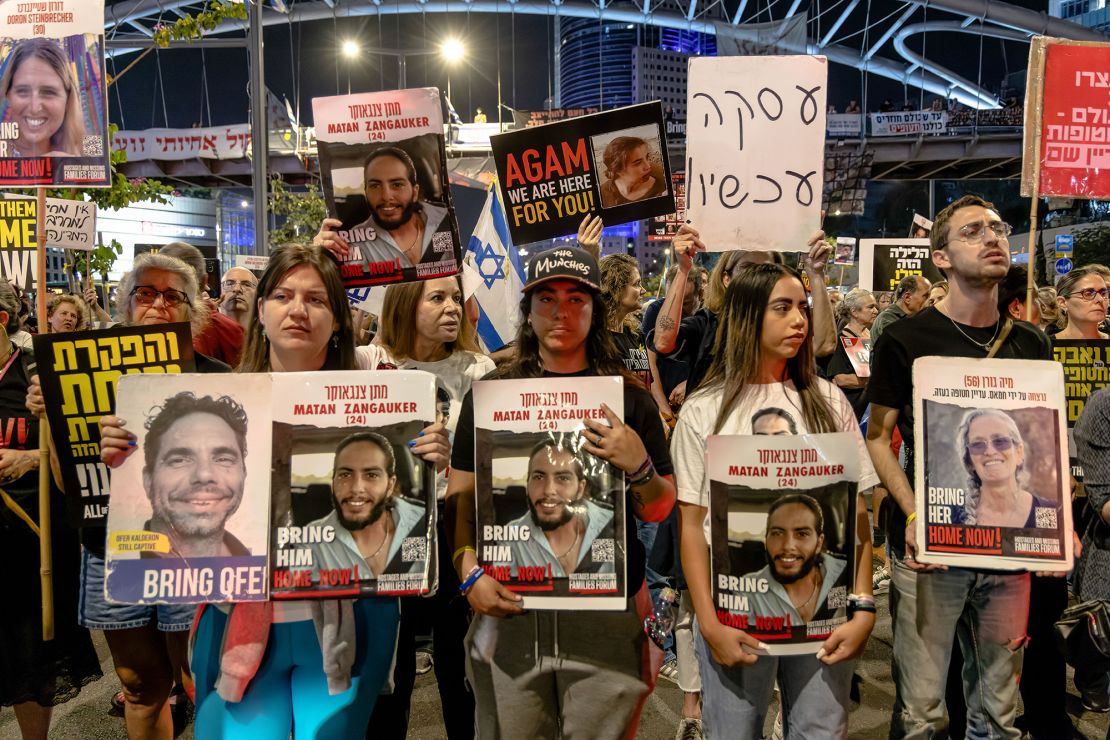
The release of the video may be intended to refocus minds in Israel’s security cabinet, reminding Netanyahu and other senior officials of the war’s initial aim to return the hostages, many of whom remain in Gaza nearly nine months after their abduction.
It came as the number of hostages believed to be dead rose to 42 with the announcement by the Israeli military that one of its soldiers, Sergeant Major Mhamad El Atrash, 39, was killed on October 7 and that his body is being held by Hamas. Previously, on June 8, the Israeli Prime Minister’s Office said it believes that at least 41 hostages from the October 7 attack are dead, with their bodies being held in the Gaza Strip.
At least five American hostages are believed to be held alive and four others believed to be dead.
More than a million Palestinians were taking shelter in Rafah before Israel started its air and ground operation in the southern Gazan city, defying calls from the international community not to proceed. Around 800,000 people have since been displaced from Rafah, where conditions have been described by the United Nations food agency as “apocalyptic.”
The city’s border crossing with Egypt — a vital entry point for humanitarian aid — has remained closed since the Israeli military seized it early last month.
And international pressure on Israel’s actions in Gaza have mounted since it started its operation in Rafah. Last month, the UN’s top court ordered Israel to immediately halt its controversial military operation there, calling the humanitarian situation “disastrous.”
CNN’s Jeremy Diamond, Kylie Atwood and Michael Conte contributed reporting.

